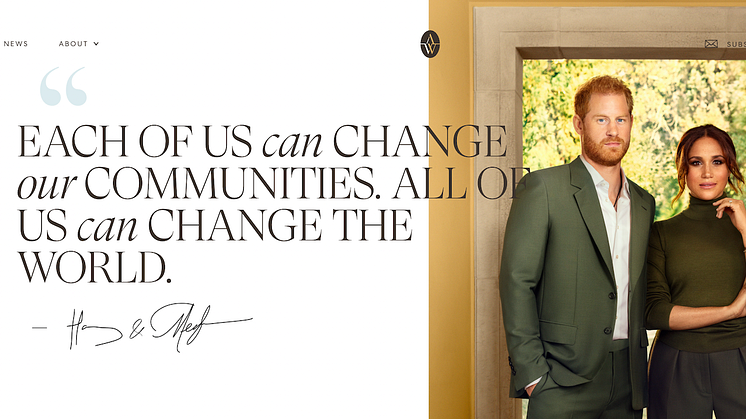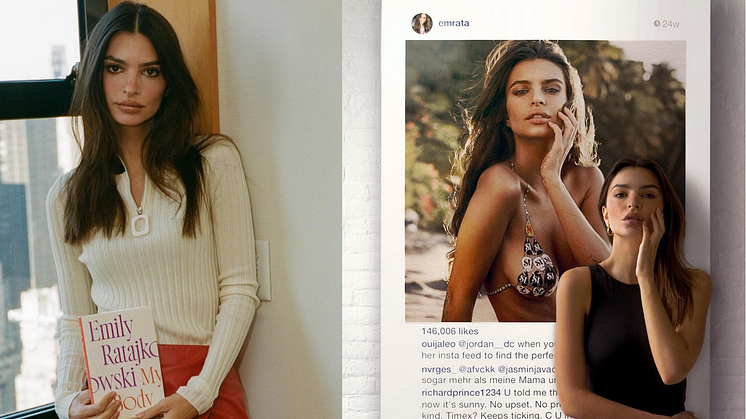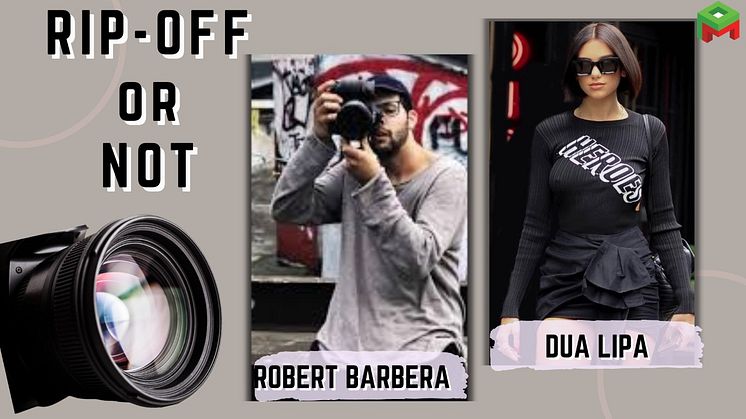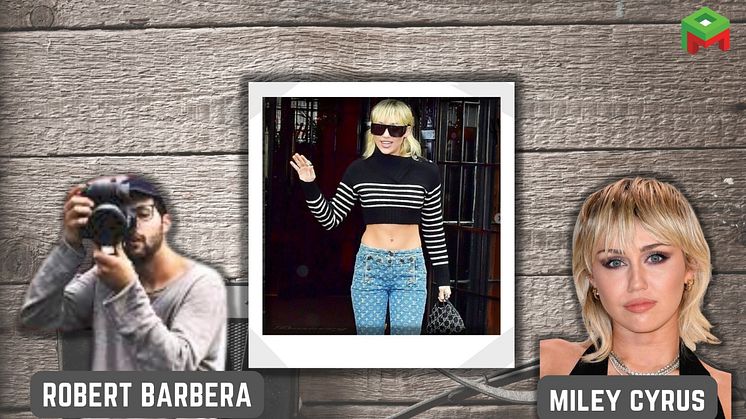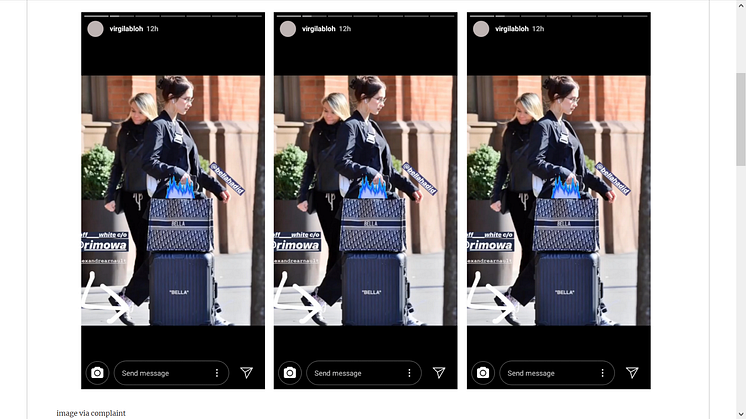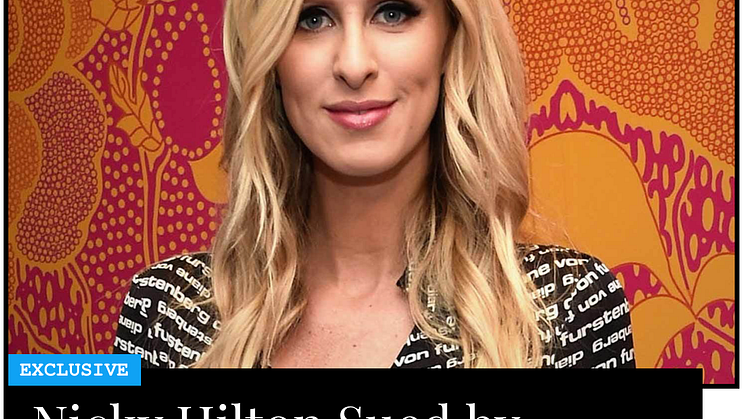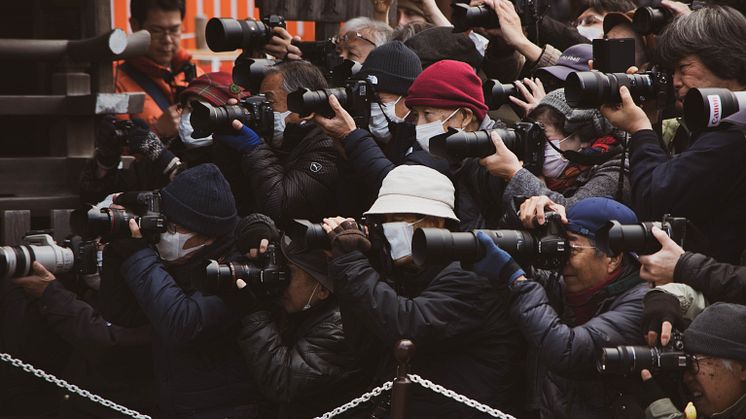
News -
How the changing value of paparazzi IP could affect Bennifer redux
2021 has been full of unpredictability, and among its many surprises was the reunion of Ben Affleck and Jennifer Lopez. This unlikely recoupling had the Internet swiftly resurrecting the couple’s former portmanteau nickname — Bennifer (or, as some witty meme-makers preferred, Againnifer.)
Will these Hollywood stars make it work the second time around? One possible way to predict their odds is to look at how the paparazzi economy has changed since their relationship fizzled out in 2004. The rise of Bennifer 1.0 coincided with the heyday of celebrity-focused print magazines, which paid paparazzi photographers handsomely for snapshots of the couple out and about.
“The early pictures of them were going for low- to mid-six figures. And then the ongoing relationship — it was $100,000, $200,000,” one veteran paparazzo recounted to Vulture. “Blogs were non-existent, so it was all print media: Star, Globe, the National Enquirer, In Touch magazine, the New York Post, People magazine, Us Weekly. And all of them were competing. Pictures of Ben and Jen kissing in the back of a Rolls-Royce – just the backs of their heads – sold for five figures,” another added.
Since then, however, the media landscape has transformed dramatically. Unable to adapt to the age of digital media, many of those print titles have folded, and those that are still around no longer have the fat profit margins that enabled them to pay photographers hefty fees.
These days, photos of the reunited Bennifer only go for three to four figures, which means there is far less of a financial incentive for paparazzi to hound their every step. That’s great news for these lovebirds, but obviously not such good tidings for the photographers.
So how are paparazzi scoring those big paydays these days? Well, some have decided to go straight to the source — that is, the celebrities themselves. The rise of the digital age also means that most stars now have social media accounts, and several them have found out that when they post paparazzi photos of themselves on these accounts, they get sued.
That’s what happened to Lopez in 2019, when Splash News and Picture Agency brought a US$150,000 lawsuit against her for posting a photograph of herself with her then-boyfriend Alex Rodriguez on her Instagram account.
The photo’s copyright was owned by Splash, and “Lopez used it without authorization or permission from plaintiff to do so”, the suit asserted. “The Instagram post made the photograph immediately available to Lopez’s tens of millions followers and others, consumers of entertainment news – and especially news and images of Lopez herself, as evidenced by their status as followers of her – who would otherwise be interested in viewing licensed versions of the photograph in the magazines and newspapers that are plaintiff’s customers.”
She is not the only celebrity to have been on the receiving end of such lawsuits. “For the most part, the growing string of paparazzi copyright cases – which can be attributed not just to the general rise of social media usage but also to the work of a few overly active copyright attorneys, who have found favor amongst copyright-holding plaintiffs – fits neatly within the confines of copyright law,” explains The Fashion Law.
The US Copyright Act provides protections for original works of authorship fixed in any tangible medium of expression, which last for the life of the author plus 70 years. The copyright-owner can sue for copyright infringement when that work is used without authorisation.
That means paparazzi photographers (or their employers) hold the copyrights of the photos they take, and that is true whether the subjects in these images have consented to be photographed or not. It also means that these same subjects infringe upon the photographers’ copyright when they post these images without permission.
Does that sound unfair? Some certainly think so. “A paparazzo does not want to ‘shame’ wrongdoers into not violating copyright. They want the opposite: to tempt wrongdoers into violating in order to get paid,” opined Amanda Gonzalez Burton, a J.D. candidate at NYU School of Law.
Burton also questioned the relevance of the Copyright Act in the current digital landscape: “The ways photos are taken and shared as a means of social expression is dramatically different today than in 1976 when the Copyright Act was written. It might be time to think about the outdated aspects of copyright law.”
If paparazzi photos enjoyed less copyright protection, that would cut off another income stream from infringement lawsuits, further de-incentivising the pursuit of celebrities by photographers. And if that happens, Bennifer redux might enjoy a better chance of a happily ever after, if we take the couple at their word. After all, when they called off their 2004 wedding, the reason they gave in their joint statement was “excessive media attention”.
Whether this celebrity romance can thrive without the attention of the paparazzi economy is not a question that interests everyone. But what is certain is that current copyright laws may be due for a rethink as digital content creation continues to evolve at lightspeed.
PitchMark helps innovators deter idea theft, so that clients get the idea but not take it. To find more about our services, visit PitchMark.net and register for free as a PitchMark member today.

